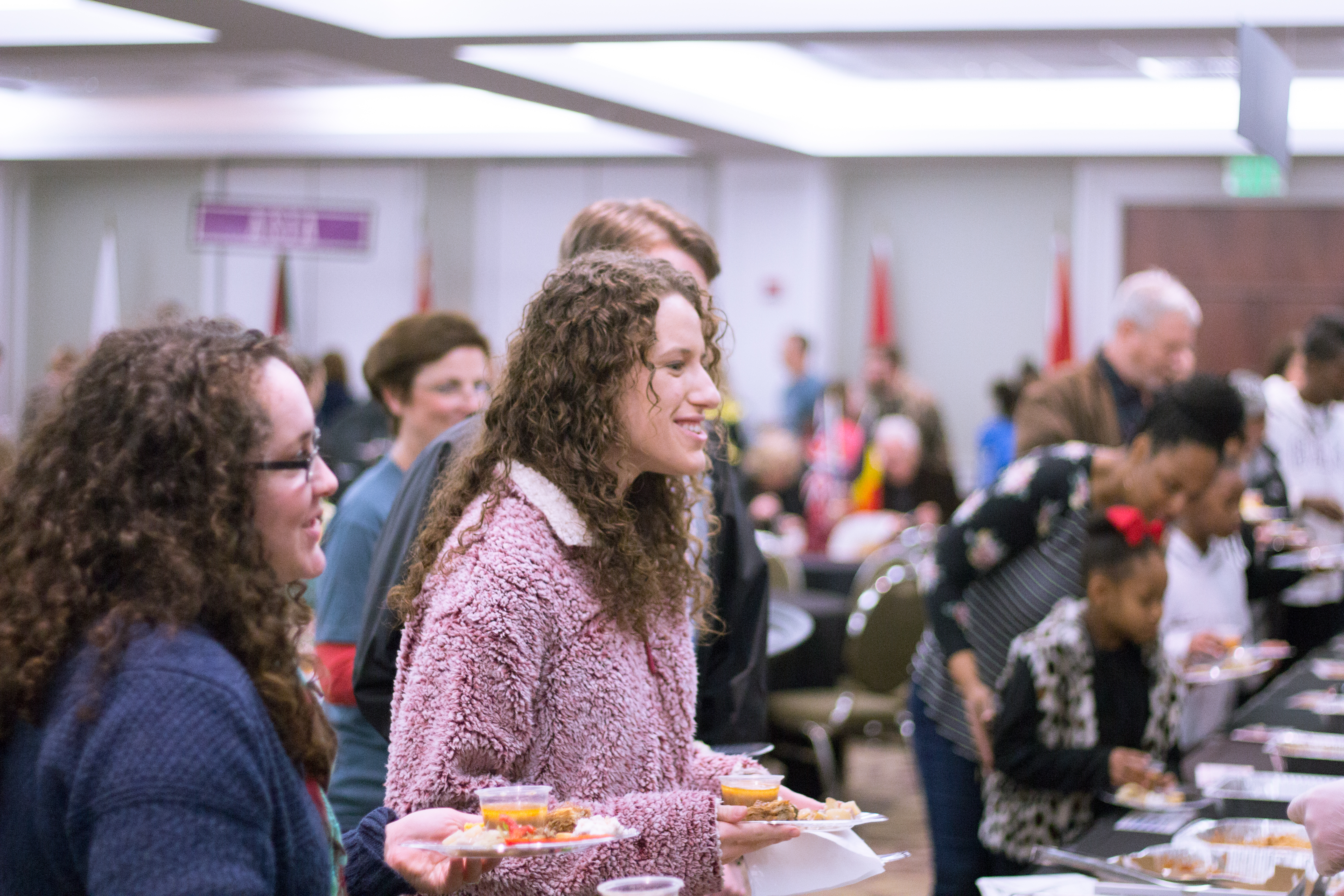Can Christians lose their salvation? It is a question that has probably circulated through the minds of many people, including Christians. Yes, John 3:16 does say “For God so loved the world, that he gave his one and only son that whoever believes in him shall not perish but have eternal life” and yes it says repeatedly in the gospels that Jesus died for all of our sins, a scandal of grace but as humans “what ifs” continually plague our thoughts when it comes to the unknown especially when associated with after we leave this earth. What if we said that prayer as a child but don’t really follow Christianity as strictly as we should or what if we convert to another religion or deny Christ? Would eternity in heaven be over for us then?
Dr. Nykolaishen, assistant professor of Biblical studies in the Pruett School of Christian Studies gave a breakout session in Berry Chapel yesterday centered on whether or not Christians can lose their salvation.
According to James Taylor, the director of campus ministers, breakout sessions is something new that they are trying out this year. “Another small change will be that we will have two breakout sessions,” Taylor said. “We are hoping that this will provide a more personal connection between the speakers and the students.”
Mari Bednar, junior kinesiology major from Stuttgart, Arkansas and Tricia Griffin, sophomore art and graphic design double major from Highland Village, Texas both attended the event.
“Overall I thought the breakout session was so great. I think it’s good for Christians to understand where they are in their relationship with God and how they can grow and talking about things like ‘can you lose your salvation,’” Bednar said. “I really liked the way that he went about it overall because he didn’t say anything negative and he had specific scenarios that helped with his explanations.”
Nowadays, topics like this one are sensitive to approach because our world has started to turn away from God but it is a topic that needs to be discussed so that Christians can get back on track and start focusing on what we are called to do in the Great Commission in Matthew 28:18-20.
“Certain scenarios that he [Nykolaishen] gave related to my life whether it personally related to a time in my own life or that of a family member,” said Griffin. “It was an incredible reminder that even when we turn from God and fall into temptation, He has still saved and loved us through all of it and is always waiting for us to come running back into His arms.”
Instead of only focusing our attention on reaching the people that have never heard the gospel (which is still very important) we also need to start focusing on the people within our neighborhoods and schools that may have heard the gospel but don’t fully understand the importance and the result of following Christ wholeheartedly and not in a lukewarm setting.
“Dr. Nykolaishen gave an enlightening perspective on this scenario saying that this kind of person was basically just using God for his salvation and therefore didn’t have a true relationship with Christ. He explained that this person was not considered saved as he/she was probably never saved in the first place since his/her life never saw any transformation,” Griffin said.
So it isn’t just one simple prayer that you pray as a elementary student but a prayer that starts a lifelong transformation.
John 15:5 states “I am the vine; you are the branches. If you remain in me and I in you, you will bear much fruit; apart from me you can do nothing.”
If you feel convicted or are wanting to know more information on how to develop your own relationship with Christ and transform it from a fruitless one to a fruitful and ripe one, contact James Taylor at the campus ministries office.
By: Emma Seay










